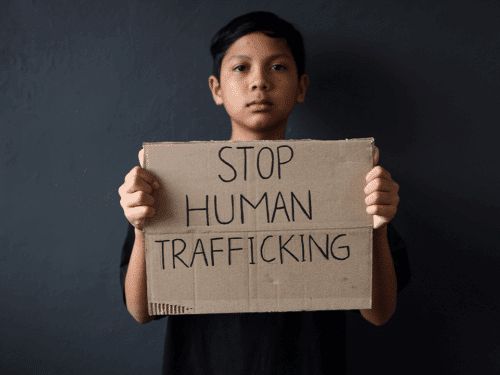Source: The Health Connection Newsletter | 3rd Quarter 2022
November 19 is the World Day for the Prevention of Violence Against Children. While COVID-19 has hijacked the center stage of mass media over the last few years, childhood trauma is an issue that fuels a wide variety of health problems worldwide, making COVID-19 pale in comparison. This issue is a public health problem that seems to be under the radar of general awareness or that many people seem to ignore. It affects hundreds of millions of people worldwide and stunts the spiritual development of perpetrators and survivors. Affected individuals often use biochemical and maladaptive social coping methods to escape the chronic exposure to toxic trauma whose currency is fear, anxiety, shame, guilt, and anger: all emotions that survivors unconsciously try to subdue.
As a church, we have raised awareness in the last decade about violence through the enditnow initiative and abuse summits. Yet, its breadth, depth, and pervasiveness are still hardly recognized by some for the apparent threat that it poses to our collective well-being. Public Health specialists, health providers, mental health counselors, sociologists, social workers, and policymakers recognize the negative impact of the addictive use of “substances” or “activities” on society. However, it is easy to overlook the evidence that substance and behavioral addictions are often the tip of the iceberg and that these often happen as a response to childhood trauma.
Compulsive addictive behaviors can be pacifiers of toxic stress or perceived adverse childhood experiences (ACEs). Family dysfunction and violence, such as sexual, physical, and psychological violence or neglect, may pave the way for maladaptive development. As a result, the body’s chronic stress response increases the risk of mental, social, and physical ailments, from depression and suicide to diabetes, hypertension, heart disease, and obesity.
As we continue to raise awareness of this, we must realize that shaming and stigmatizing people who engage in maladaptive ‘coping’ behaviors as being “weak” or “bad” is cruel and misguided. We can do more to stop blaming or judging people with addictions but instead minister with compassion to survivors of trauma. Adventist Recovery Ministries, Youth Alive, and annual EnditNow days are some of the Seventh-day Adventist church’s efforts to raise awareness and minister to vulnerable people in need of healing from trauma.
May we be intentional in having trauma-informed churches and, in a comprehensive way, improve the whole-person health of individuals, families, and communities by reducing the heavy toll of the multidimensional dysfunction that results from childhood trauma. Consider planning a unique awareness program in your church on November 19, World day for the prevention of violence against children. Let God touch the hurting through you.



